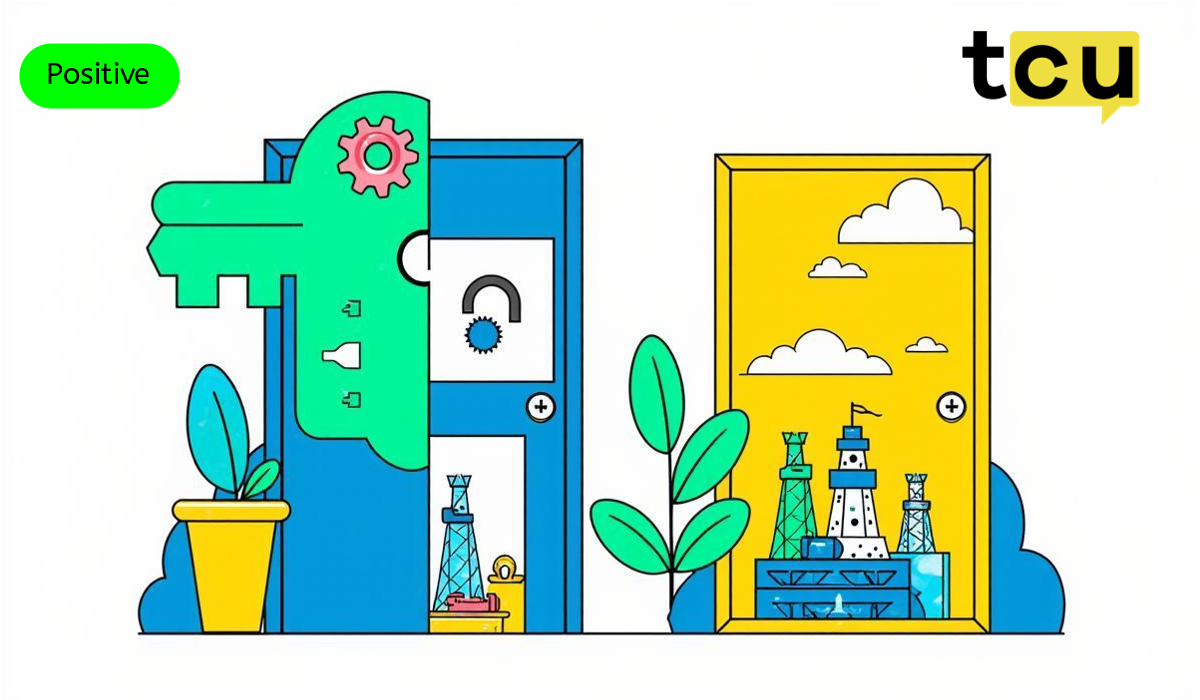Three Key Strategies to Transform Web3 Projects into Industry Leaders
In the rapidly evolving world of crypto marketing, flashy campaigns are no longer enough. Neal Gorevic, Chief Marketing Officer at Consensys, believes the key to building trust and loyalty lies in empowering the right audience. In an exclusive interview with BeInCrypto, Gorevic shared three essential strategies to transform Web3 projects into industry leaders.
Firstly, Gorevic emphasizes the importance of building empowered communities. He considers community empowerment to be the most critical element in crypto marketing. He asserts that the most successful projects will have an active, engaged dialogue with their audience. They will seek their feedback, listen to their needs, and enable them to advocate on behalf of the brand or project they are supporting.
This philosophy is reflected in Consensys’ extensible platform – MetaMask Snaps. Developers built the Snaps architecture by listening to user feedback, ensuring the platform aligned with community needs. Gorevic underscores that such collaboration turns users into advocates who actively contribute to a project’s success.
Secondly, Gorevic stresses the importance of having the right crypto marketing resources. In crypto marketing, influencers play a pivotal role in reaching broader audiences and shaping public perception. However, he emphasizes the need for authenticity in influencer partnerships.
The influencers must resonate with the target audience, amplify trust, and align with the project’s values.
Gorevic also highlights the power of emerging technologies like NFTs, augmented reality (AR), and virtual reality (VR) in redefining how crypto projects connect with users. These tools go beyond novelty. They serve as bridges between technology and storytelling, allowing projects to communicate their value in innovative ways.
Lastly, Gorevic advocates for a focus on transparency and execution. In the Web3 ecosystem, where skepticism runs high, delivering on promises is more important than ever. He encourages teams to focus on transparency by providing clear metrics and open communication with their communities.
Despite the challenges that these strategies present, such as the need for careful vetting in influencer partnerships and the investment required for emerging technologies, Gorevic remains optimistic about the future of cryptocurrency marketing. He believes that as the world transitions to a more decentralized model, community and curation will play an increasingly important role for brands.
Gorevic’s insights offer a roadmap for projects looking to build lasting trust and loyalty. His approach highlights the transformative power of collaboration, authenticity, and transparency. Though rooted in Web3, these principles carry lessons for any industry in the digital age. As crypto continues to evolve, the projects that prioritize these values will define the future of marketing and innovation.
TCU







